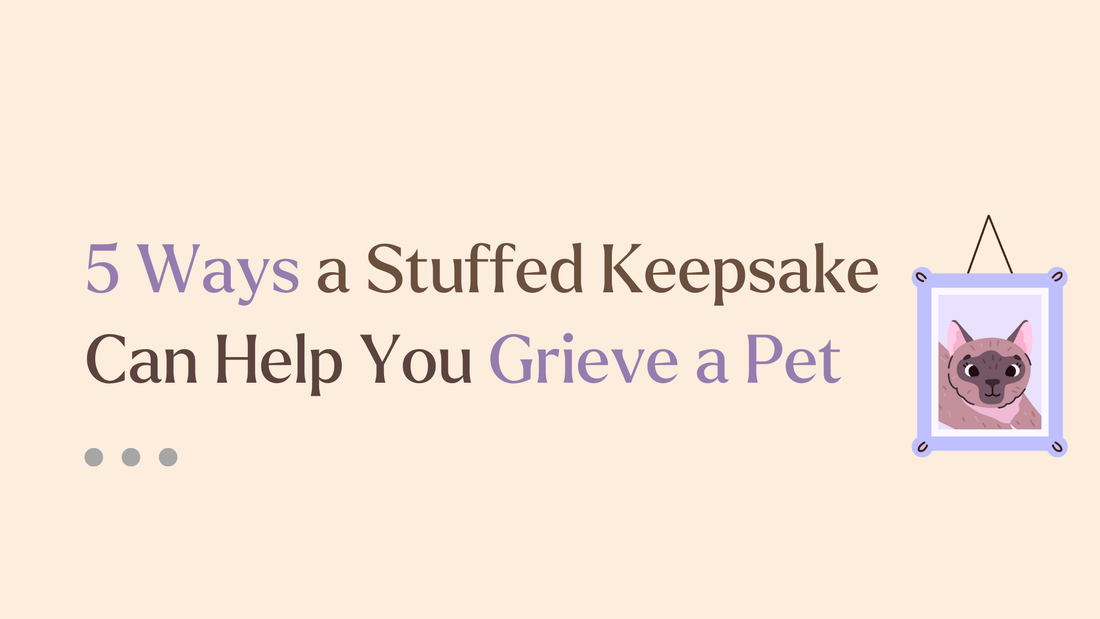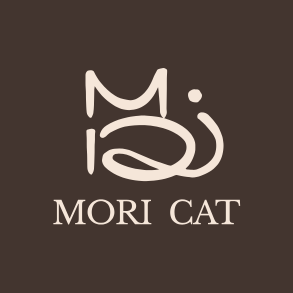
Why Losing a Pet Hurts So Much and What Helps the Heart Heal
Pets Give Something Few Humans Can Offer
They don’t interrupt. They don’t judge. They simply sit by your side, follow you room to room, and wait for you to come home. Whether it’s a quiet presence during hard days or joyful chaos during play, pets offer something rare—unconditional love that doesn’t waver.
That’s why for many of us, a cat or dog isn’t like family—they are family. And when they leave, it doesn’t just break our routine. It breaks our emotional rhythm.
When They’re Gone the Silence Feels Heavy
Grief after losing a pet can feel invisible to others. People might say “It was just a cat” or “You can always get another.” But psychologists agree: the bond between humans and pets is emotionally significant and biologically real.
Studies show that pet loss can trigger the same depth of grief as losing a close relative. Why? Because pets become part of our safety system. They witness our worst moments, love us anyway, and ask for nothing in return. Their absence often leaves us feeling untethered—like something stable has suddenly vanished.
Why Symbols Matter When Words Don’t Help
When someone we love passes—human or animal—grief specialists often recommend symbolic keepsakes to support healing. These aren’t replacements. They’re reminders. Touchstones. Physical links to the emotional world we’re learning to live without.
This is especially true for those who find comfort in routine and touch: children, the elderly, or anyone whose pet was part of their daily emotional landscape. Having something soft, shaped like the one we miss, helps the mind slowly adjust. It says: They mattered. That love was real. And it’s okay to still hold onto that.
How Custom Keepsakes Gently Support the Grief Process
Among the many keepsakes people choose, custom stuffed animals hold a unique kind of comfort. They’re not just symbolic—they’re familiar. They carry the shape, the markings, sometimes even the quirky expression of a pet we still reach for.
Some people keep them on their pillow. Others place them in sun spots their cat used to nap in. Some simply like knowing there’s still a form of their companion nearby—something they can touch when words or photos feel too flat.
These keepsakes don’t try to replace. They just help soften the edges of absence.
At Moricat, we’ve seen families order custom plushes not just for memorials, but also for healing. We work with partners who handcraft each one with care, based on your pet’s photos and features. It’s our quiet way of saying: your story matters.
Final Thought
Grief isn’t linear. And healing doesn’t mean forgetting. For many of us, pets represent something we rarely find elsewhere—pure love, in a soft and wordless form.
If you’ve lost a pet, your pain is valid. And if you're looking for something to hold while your heart finds its balance again, a small soft reminder may help.
Because the love never really leaves. It just changes where it lives.
Content written by: Rebecca Li
Cover design by: Rebecca Li
References (APA Format)
Packman, M. (2011). Until One Has Loved an Animal: Understanding the Loss of a Pet. CreateSpace Independent Publishing Platform.
Field, N. P., Nichols, C., Holen, A., & Horowitz, M. (2004). The role of attachment in response to pet loss. OMEGA-Journal of Death and Dying, 50(4), 267–282. https://doi.org/10.2190/AC14-8YKL-CRFM-9LPV
Durkin, M., & Joseph, S. (2009). Growth following adversity and its relation with subjective well-being and psychological well-being. Journal of Loss and Trauma, 14(3), 229–244.
